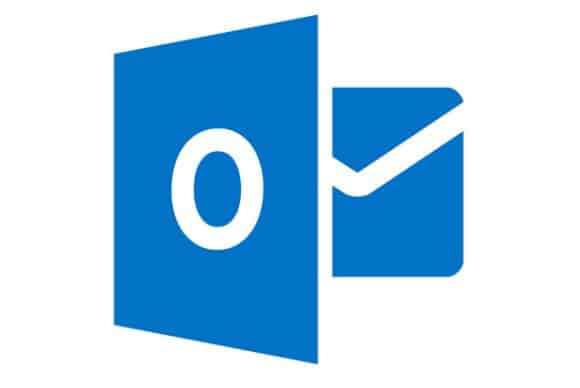
Facebook is developing a tool that would help users monitor time spent on the platform, demonstrating the company’s new commitment to users’ well-being after a string of scandals that threatened trust in the social media platform.
The tool, currently called “Your Time on Facebook,” was discovered within Facebook’s Android app by TechCrunch, and a Facebook representative confirmed that it was under development, saying the goal was to “help make sure people’s time on Facebook is time well spent.” The tool, in its current pre-release form, shows a users’ time spent on Facebook each day for the preceding week, and a rolling daily average. It also includes an alert to tell users when they exceed a time limit of their choice.
The project follows an interlocked series of scandals around fake news, user privacy, and the tactics digital media companies use to retain user attention, which some critics have called unethical. Those controversies have pushed Facebook leadership to publicly commit to protecting users, with CEO Mark Zuckerberg in January saying that Facebook would put greater emphasis on users’ “well-being”.
That promise, though, has been met with some skepticism, because it could undermine Facebook’s business model. A time-tracking feature, while certainly socially responsible and arguably good for the company’s long-term health, could reduce the amount of time users spend on the platform. That would, in turn, drive down Facebook’s revenue, which comes almost entirely from ads.
While largely driven by scandal, the timing of Facebook’s new emphasis on “time well spent” is interesting for another reason. Facebook reportedly experienced the first-ever decline in U.S. and Canadian daily active users in late 2017, with a particularly sharp decline among young U.S. users. Getting those young users back might be a lost cause – many have migrated to Instagram, also owned by Facebook, for reasons likely unrelated to recent scandals.
But trying to repair its damaged reputation with gestures that prioritize users might help Facebook shore up its position among other demographics. At least as important, such moves could blunt the concerns of legislators, who made social media addiction a talking point in Zuckerberg’s testimony before Senate committees in April. It might also help mollify Facebook’s public critics, including Apple’s Tim Cook, who recently introduced similar time-management features for the iPhone.
Facebook has not said when the new time-management features might be available to users.























